BOARD OF GOVERNORS
The LRI’s Board of Governors is drawn from a spectrum of senior academic, corporate and government circles. The Institute is honoured to be able to draw on the strategic advice and support of the following governors in pursuit of its mission and vision.
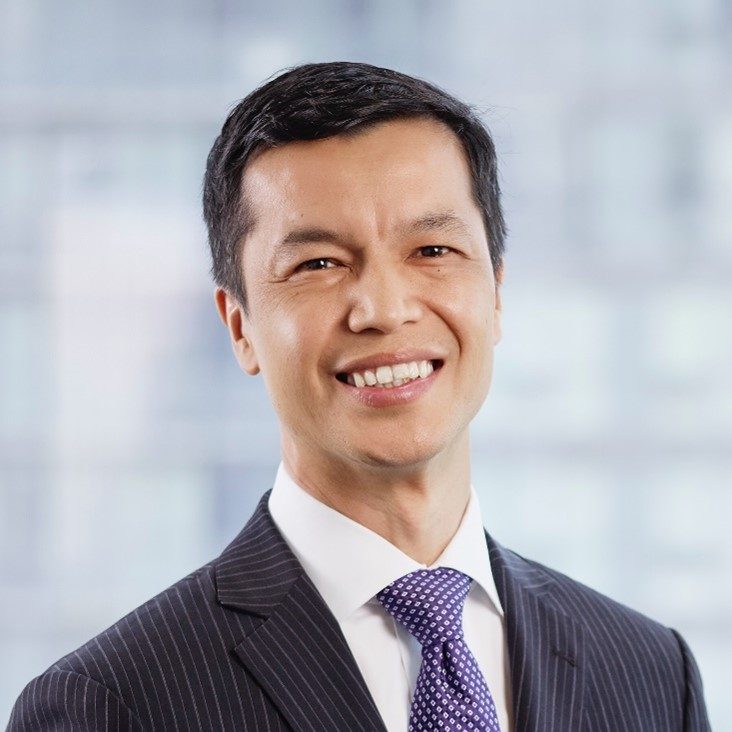
Dr. Bruce Choy, ICD.D
Adjunct Professor, Rotman School of Management, University of Toronto; Chair of the Board of Governors, George Brown College

William Downe, CM, LLD
Immediate Past Chief Executive Officer, BMO Financial Group

John A. Gent, PhD
Independent Consultant; Former Chief Executive of JP Morgan International Bank Ltd
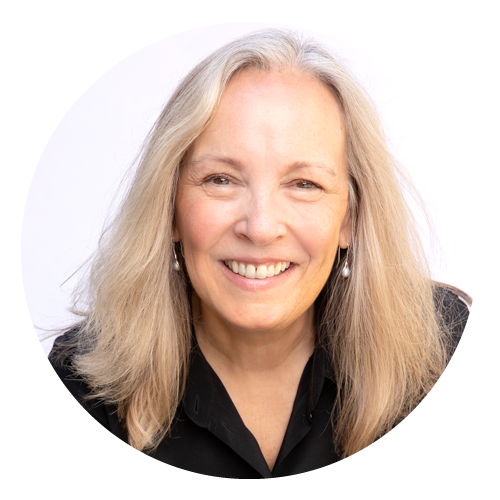
Dr. Gillian K. Hadfield
Schwartz Reisman Chair & Director of the Schwartz Reisman Institute in Technology and Society; Professor of Law and Professor of Strategic Management at the University of Toronto.
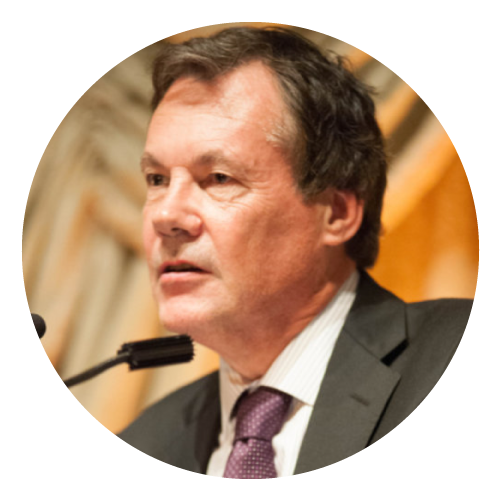
Professor Geoffrey G. Jones
Isidor Straus Professor of Business History, Harvard Business School
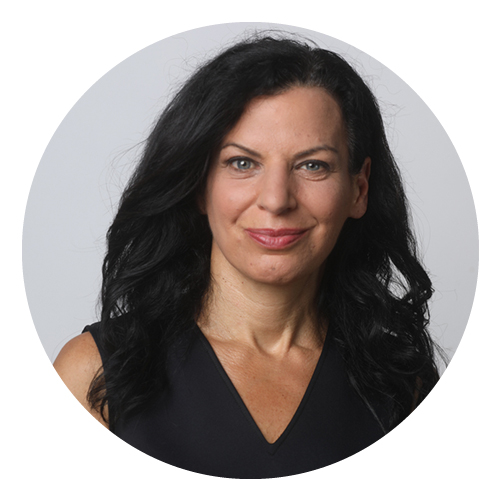
Professor Juliette Kayyem
Belfer Senior Lecturer in International Security; John F. Kennedy School of Government, Harvard University
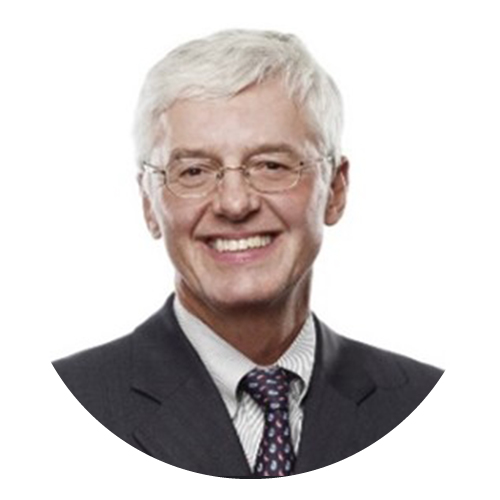
The Honourable Kevin G. Lynch, P.C., O.C., PH.D, LL.D
Former Clerk of the Privy Council, Canada; Vice-Chair, BMO Financial Group
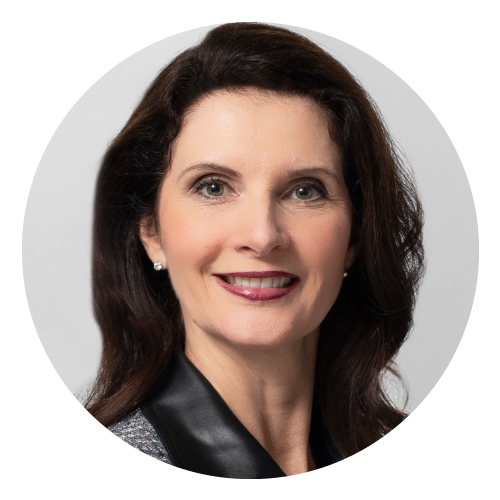
Mona Malone
Chief Human Resources Officer and Head of People, Culture & Brand, BMO Financial Group

General (ret.) Stanley A. McChrystal
Former Commander of U.S. and International Forces in Afghanistan; Former Leader of Joint Special Operations Command (JSOC); Co-Founder of The McChrystal Group
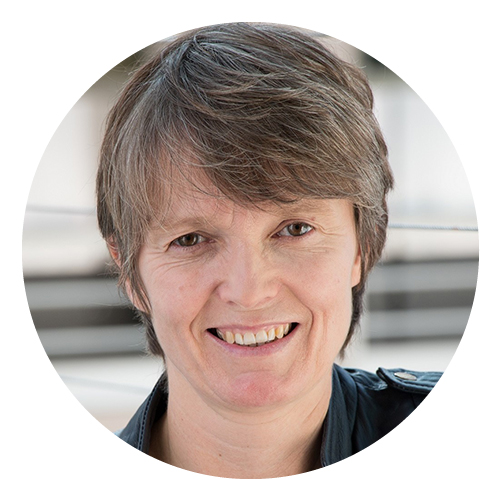
Dr. Mary A. O’Sullivan
Professor of Economic History, University of Geneva in Switzerland
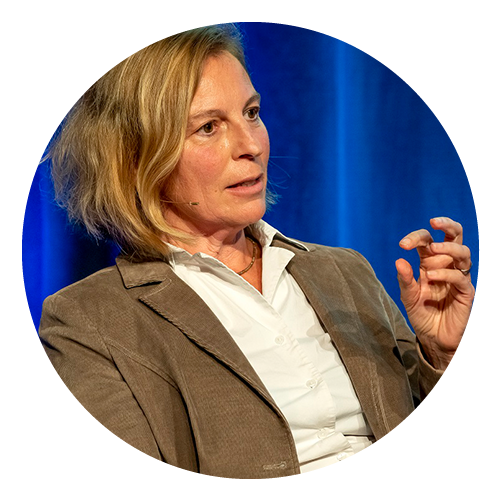
Dr. Andrea H. Schneider-Braunberger
CEO of Gesellschaft für Unternehmensgeschichte (Association of Business History)
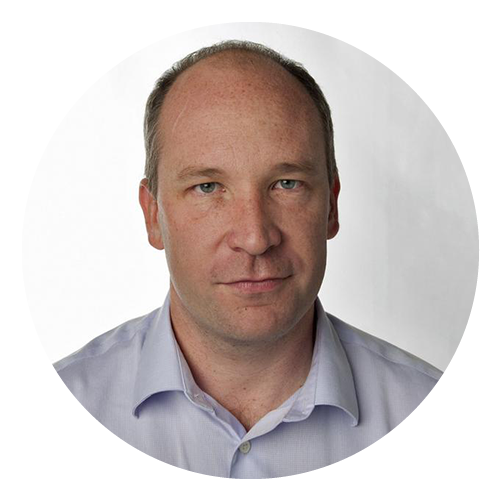
David Walmsley
Editor-in-Chief, The Globe and Mail
